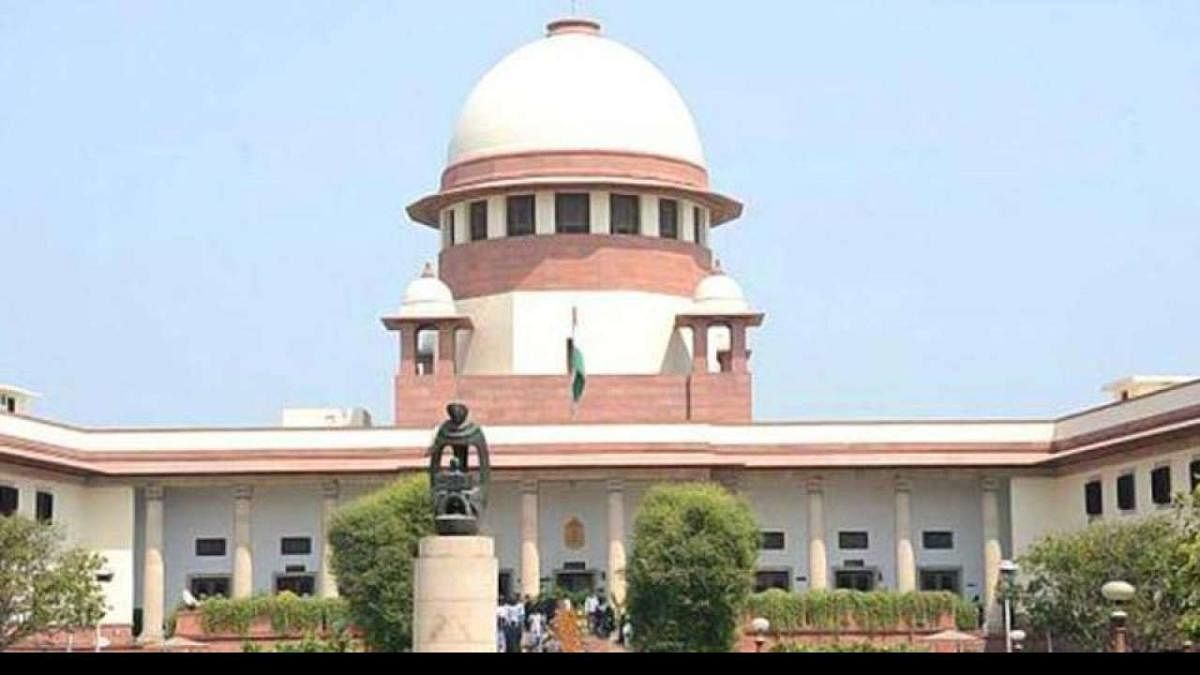
The Supreme Court has declined to entertain a petition filed by the Karnataka government for reconsidering the February 14, 2017 judgement that has abated the proceedings against former Tamil Nadu chief minister J Jayalalithaa in the disproportionate assets case, due to her death.
A bench of Chief Justice Dipak Misra and Justices Ranjan Gogoi and Madan B Lokur dismissed the curative petition filed by the state government through advocate Joseph Aristotle to recover Rs 100 crore fine imposed upon her.
‘We have gone through the curative petition and the relevant document. In our opinion, no case is made out,” the bench said. The curative petition is the last legal remedy to seek reconsideration of a judgement by the top court. Like review petitions, curative petitions are decided by the judges in the chamber without the presence of the counsels.
In its plea, the government had claimed it is a settled law that the appeal does not abate if the accused has been sentenced to pay fine either along with imprisonment or otherwise. In the present case, the accused, Jayalalithaa was convicted by the trial court which has imposed Rs 100 crore fine upon her, along with imprisonment.
Though the question of her undergoing further imprisonment does not arise to due to her death on December 5, 2016, the sentence to pay fine was legally sustainable which has to be recovered from Jayalalithaa’s estate. Jayalalithaa had passed away, before the judgement was pronounced on February 14, 2017.
By setting aside the Karnataka HC’s judgement acquitting Jayalalithaa and others, the top court had restored trial court judgement “in toto”. Jayalalithaa was sentenced to four-year jail term besides imposing a Rs 100-crore fine, by the Bengaluru court.
The apex court upheld the order, holding Sasikala and two of her relatives guilty of conspiracy and abetting Jayalalithaa’s “sinister” design to launder ill-gotten wealth to the tune of Rs 53.6 crore. Sasikala and two of her relatives were also handed down four-year jail terms, along with fine.
